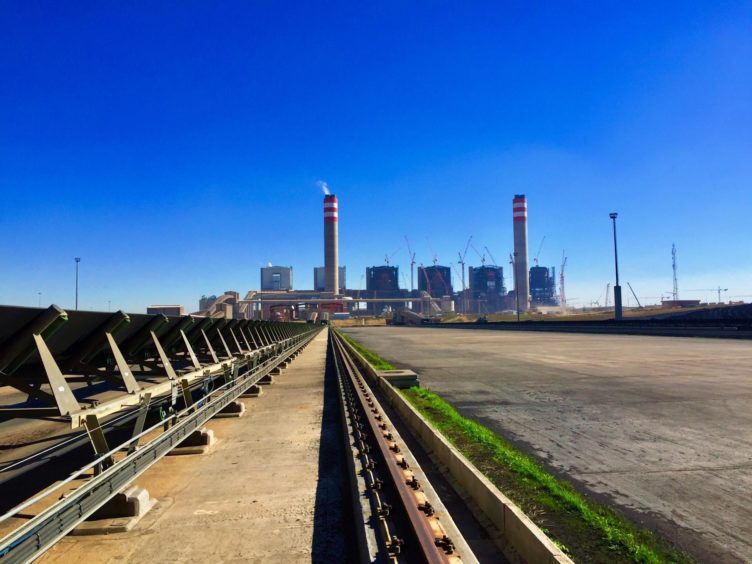
Tackling Africa’s energy access problems requires those involved to think of the entire system, rather than focusing simply on renewables.
“Economic uncertainty is the challenge around the world but particularly in Africa. There are concerns about supply and security, while affordability is the critical priority. That has to be thought of as not just the price of generation – such as wind or solar – but the cost of energy delivered,” the World Energy Council’s secretary-general Dr Angela Wilkinson said.
COVID-19 has exacerbated the continent’s energy problems, although Wilkinson was keen to highlight the differences between different countries. In 2020, the number of people with access to power will actually fall, reversing a multi-year trend.
Wilkinson noted that the question of energy access is not just about having enough power to charge a mobile phone or turn on a light.
“It can’t just be mini-grids and solar photovoltaics. That will not create manufacturing jobs in Africa. There’s a quality of access conversation,” she said, speaking on the launch of the World Energy Issues Monitor 2021.
There is a need for investments in transmission and molecules, rather than just “mini-grids and decentralisation”. In order to tackle this problem, the continent will need to use gas and LPG.
Wilkinson acknowledged the challenges around this, with capital markets becoming increasingly sceptical about fossil fuels.
“If you don’t help the developing economies, they will go back to coal. There’s a need for a bridging conversation. There isn’t the capacity in the world to build renewables fast enough,” she said. “How do we get capital markets working for the 90%?”
Wilkinson went on to note that the question of “energy justice” was an issue across the world. “The emergence of a ‘gilet jaune’ movement in the energy sector would be a disaster. Doubly so for Africa.”
Distribution
There are some uniquely African opportunities, though, that the World Energy Council report highlighted. Digital pay-as-you-go technologies have become widespread, giving consumers fast access to domestic solar panels.
Local content is another area of strength – although with more room to run. Wilkinson highlighted this as a new priority post COVID-19 of increasing local reliability.
The World Energy Issues Monitor also raised the possibility of supplies for the energy transition. The continent is “waking up to hydrogen”, Wilkinson said. “The question is how to enable not just green but also blue hydrogen.”
She also noted raw materials, such as lithium and cobalt, which have an important part to play in new renewable and storage technologies.
The traditional model of exports, as has been seen with oil and gas, is unlikely to chime with ESG requirements. Companies considering development must also think through how to “facilitate domestic energy opportunities”, Wilkinson said.
“Leadership is increasingly distributed. Capital markets, governments, companies and users all have a part to play. When no one is in charge, you have to work together.”
Recommended for you

